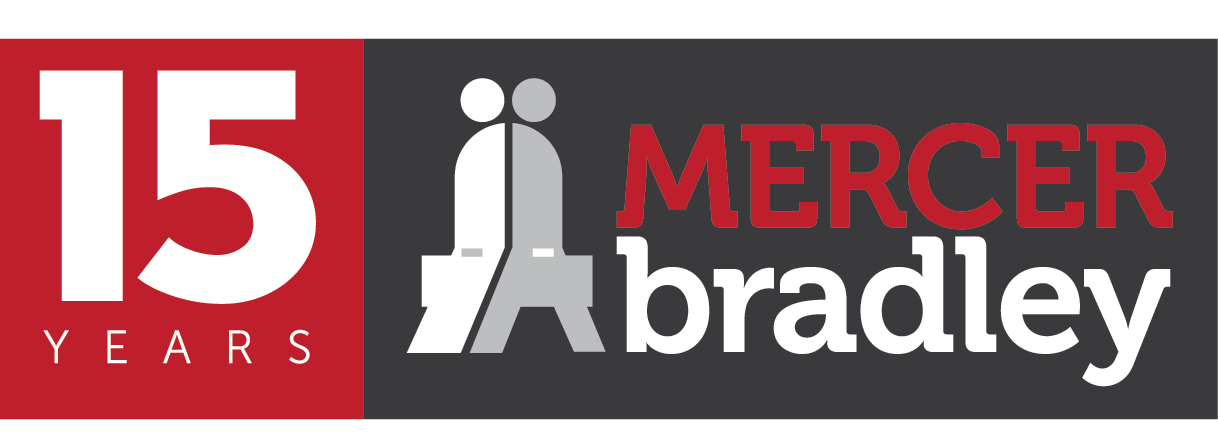A recent survey conducted by The Harris Poll shows many Canadian companies are experiencing business continuity difficulties due to knowledge transfer. These businesses are not adequately preparing for retiring baby boomers to transfer their knowledge to their successors.
According to the survey, two-thirds of employers say knowledge transfer is required for employees to fulfill their job duties and responsibilities. As a result, a lack of knowledge transfer results in expensive training and loss of productivity.
Baby boomers are considered to be highly knowledgeable because of their years of experience in the workforce. According to the survey, 61% of employees from later generations view boomers as having valuable knowledge. Also, 48% consider boomers to be employees they can learn much from. Plus, 36% see boomers as role models to look up to.
However, only 54% of boomers said they shared all or most of their knowledge their successors need to perform the work after the boomers exit the workforce. Also, 40% of these successors feel their employer is not effectively promoting knowledge transfer.
As a result, businesses must find creative methods to keep baby boomers engaged in knowledge transfer. This is especially important in the tight labour market when hiring is difficult. Internal employees are taking over as baby boomers retire.
Choose among these three strategies to develop and implement an effective knowledge transfer plan to continue business operations.
Include Knowledge Transfer in Company Culture
Sharing knowledge with successors before leaving the company should be part of your company’s values.
- Newer employees lack the wisdom, technical skills, leadership, and company memory of more seasoned employees.
- Employees with years of company experience can provide insight into living the company’s mission, vision, and values.
- Include in the knowledge transfer what was attempted and did or did not work.
- Provide insight into why something did not work and how it could be improved.
Prioritize Mentorship
Long-term employees should mentor newer employees.
- Seasoned employees understand the value of their contributions and results.
- Long-term employees take pride in their work.
- Mentoring passes on technical skills and organizational memory.
- Employers should offer seasoned employees options such as semi-retirement.
- Long-term employees can remain engaged in work on their terms.
- Companies benefit from seasoned employees’ knowledge and experience.
Use a Knowledge Transfer Platform
Choose technology to record the information you want to keep.
- Ensure the knowledge, processes, and behaviors remain consistent among the successors.
- Save time and money by not recovering or recreating lost knowledge.
- Find a technology to support your goals without overburdening your employees.
- Provide effective guidance, processes, and tools to save the knowledge.
- Ensure the information is organized and easy to navigate.
- Replace duplicate content with the most current information.
- The technology should save and share information in formats such as text, charts, images, audio, and video.
Need Help Hiring?
Partner with Mercer Bradley to hire the top accounting and finance professionals in Manitoba. Find out more today!



Leave a Reply